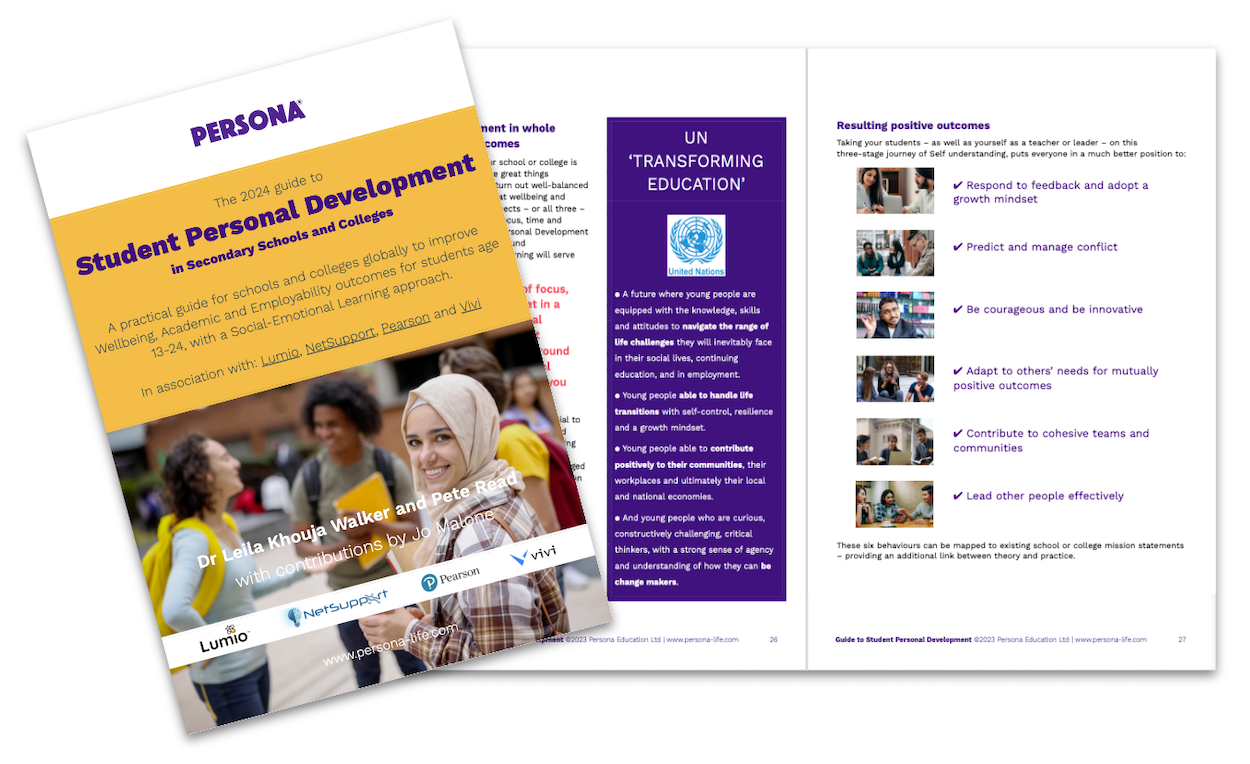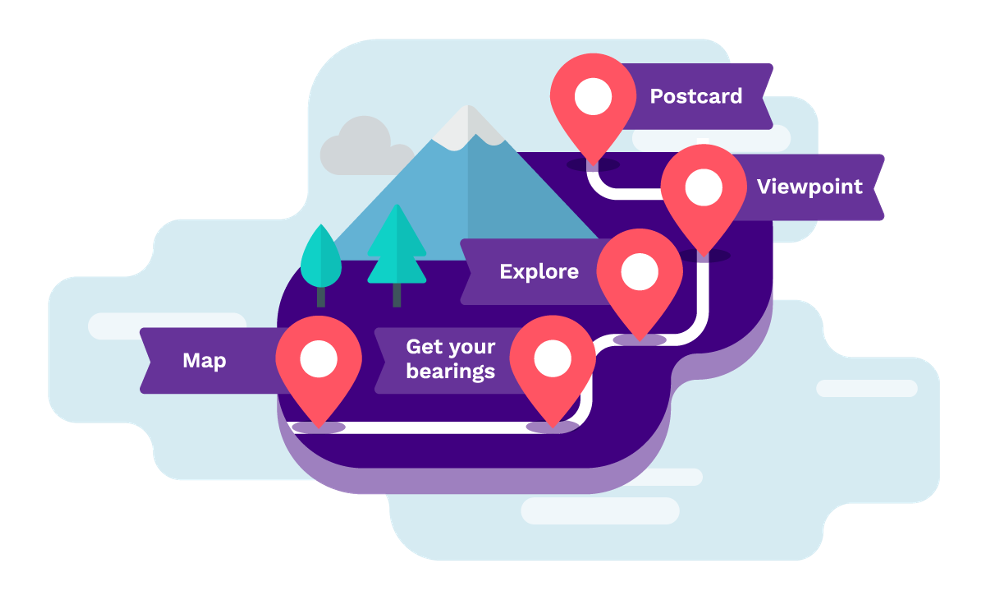How a universal Citizenship Education approach resulted in an ‘Outstanding’ Ofsted Personal Development rating

Helen Blachford citizenship education interview Part 1 – In May 2023, Persona Education’s Chief Product Officer Dr Leila Khouja Walker interviewed Helen Blachford, Director of Personal Development at Bohunt Education Trust in southern England, and Leader of PSCHE at Priory School, one of the Trust member schools. Helen is also Chair of Council and a Teaching Ambassador for the Association for Citizenship Teaching (ACT).
11-Jun-23
By Dr Leila Khouja Walker, Chief Product Officer & Co-founder
This is the first of a two-part UK secondary school group case study blog about a universal approach to Citizenship and student Personal Development at Bohunt Education Trust. Read Part 2 here
About Helen and the Bohunt Education Trust
Leila: Thank you for agreeing to the interview! First off, please can you tell me a little about yourself?

Image: Helen Blachford
Helen: I've been involved in Citizenship teaching probably from the outset in various forms before it became statutory. I'm now Director of Personal Development across the Bohunt Education Trust [BET], a high achieving multi-academy trust.
BET is a family of eight secondary schools. I work across those trying to support them and ensuring we’ve got the highest quality offer in terms of Personal Development across all of our schools so that it shouldn’t matter which school you go to, you get that fantastic and high quality education around Personal Development.
Ofsted ‘Outstanding’ Personal Development recognition
Leila: I understand you had an Ofsted inspection recently and did very well?
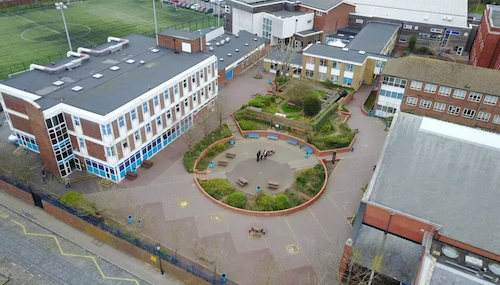
Image: Bohunt Education Trust
Helen: I have a ‘home’ school which is Priory School in Southsea in Hampshire. It’s a really mixed catchment with about 1,250 students. As you come out of our main gates, if you turn left your life expectancy drops by 10 years compared with if you turn right.
We’ve just had an Ofsted Inspection, which was really positive as we got ‘Outstanding’ [the highest rating level] for Personal Development. I’m really proud of all the work that we’ve done through our Citizenship and PSHE [Personal, Social, Health & Economic] programmes. We are developing critical thinkers who are engaged and able to make informed choices when they leave us, which is really very much part of our mission statement.
A universal approach to Citizenship
Leila: How does Bohunt Trust deliver Citizenship education?
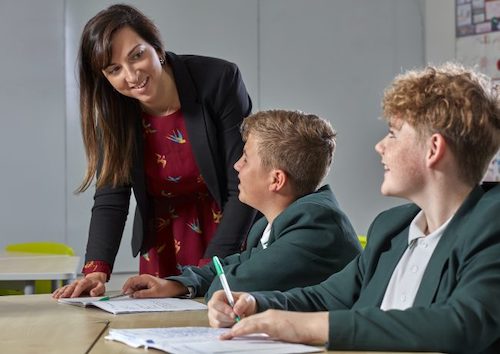
Image: Bohunt Education Trust
Helen: At the heart of our ethos is creating what we call ‘game-changers’. For us this means active citizens. The Trust curriculum includes Citizenship and works across all eight schools; that wasn’t the case two years ago when I started out as a subject coordinator.
This positioning of Citizenship in the curriculum has raised its value. We provide a range of opportunities so that students can go out and feel they can bring about change in whatever way that might be for themselves; for the local, national or global community. We [Priory School] are currently the only school [in the Trust] that offers a GCSE in Citizenship, but the Trust’s vision is that more schools get on board with GCSE.
From next September [2023] we’re introducing mandatory training for all teachers regardless of whether they’re going to be teaching Citizenship or PSHE. That will include things like how to deal with sensitive or controversial issues.
It shouldn’t matter what subject you teach, things can come up in any lesson that need Citizenship or PSHE training, such as political impartiality or media literacy. As teachers we need to understand our own biases when choosing sources for the classroom, so that [teachers are] actually evaluating and using those critical thinking skills themselves, because actually I can’t expect the students to do that if our teachers don’t.
Ofsted, Personal Development and Citizenship
Leila: How do you see Citizenship fitting with the new Ofsted Personal Development focus?
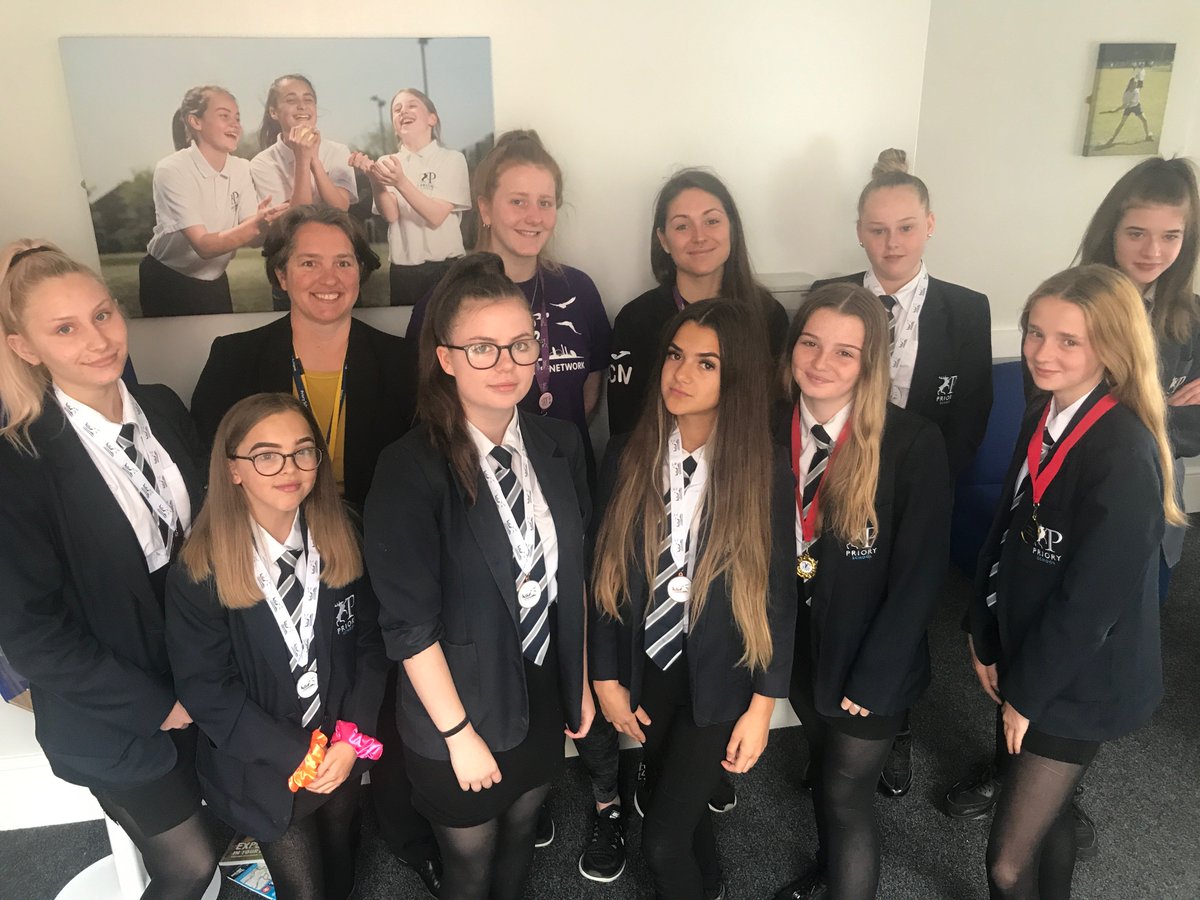
Image: Bohunt Education Trust
Helen: When the Personal Development framework came out within the new Ofsted framework [in 2019], the Association for Citizenship Teaching met with Ofsted to make sure that Citizenship had its own place there, as it wasn’t mentioned in its own right in the first draft.
I just think fundamentally when you read the description of Personal Development, Citizenship has to be in there as a vehicle for delivering some of that content.
I do think schools are recognising more and more the place of Citizenship. My teachers always say once you’ve got it in and you see its impact, why would you not do it?
There’s also the fact that it’s is not an EBacc [English Baccalaureate] subject. Exam results are still seen as a key lever. I don’t do anything just because of Ofsted, but we do have to live with Ofsted because it’s how we’re judged.
How to achieve ‘Outstanding’ on Personal Development
Leila: What would you say were the key factors in getting the ‘Outstanding’ rating from Ofsted on Personal Development?
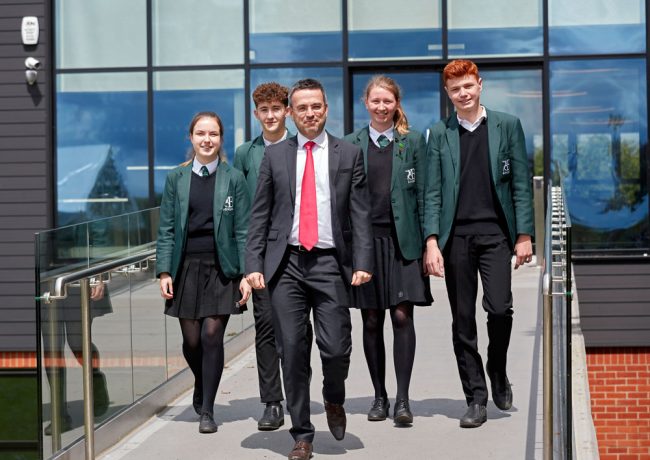
Image: Bohunt Education Trust
Helen: I think the planning of the curriculum was the real key. They [Ofsted] were able to see our curriculum was a spiral curriculum with well sequenced stages that were age appropriate. But also that we were thinking across our PSHE and Citizenship programmes, and had mapped across all subjects.
Personal Development weaves across everything we do, including having its own distinct areas, and also some overlap with other curriculum areas. We’re very clear about that in our curriculum planning.
I think our students do feel that they have a voice. Having a voice is really important and the extra-curricular activities they get to choose is part of this. We’ve got 50 or 60 different extra-curricular activities running across the week, and then also bigger opportunities in terms of team building and resilience, for example sailing.
Our ethos around being a ‘game-changer’ came into that. All curriculum areas are working towards the ‘game-changer’ ethos in different ways. So for Citizenship we work around active Citizenship, and different subject areas will have different approaches.
Students are given ‘game-changer’ reports which give them information about all the opportunities that they’ve taken part in. So if they’re doing Duke of Edinburgh or their sailing, or even some community work like helping at our local food bank, that would come under being a ‘game-changer’.
We use six ‘game-changer’ attributes with one teacher championing each attribute across the school.
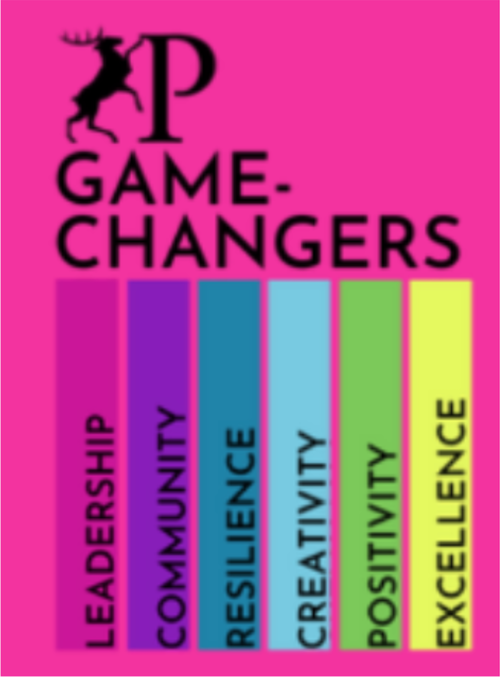
Image: Bohunt Education Trust
We don’t get it right all the time, and sometimes we do have to do further training with some of our staff for example, just to make sure they are delivering the subject in the way that I would want to see it delivered.
But you know, there is that clear message from SLT [senior leadership team] that this is important and it’s just as important as any other subject. If you’re a maths teacher for example, maybe you’re not used to dealing with sensitive controversial issues, such as Andrew Tate, and how to unpick those discussions, so it’s about giving them the tools and the confidence.
Final words: Celebrate what you do
Leila: Do you have any final words of advice for other teachers and schools?
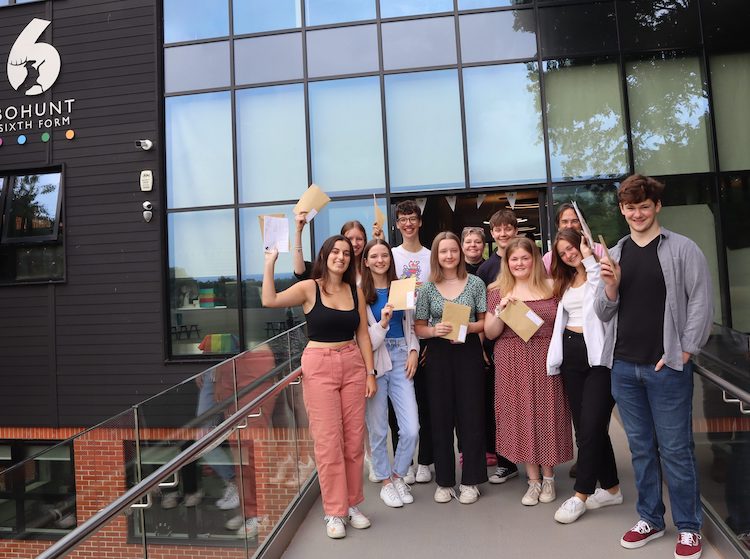
Image: Bohunt Education Trust
Helen: I always say to anybody who’s asked around how they prepare for Personal Development with Ofsted, is to celebrate everything that you do. I had two one hour meetings: One was focused on curriculum and the other area was the Spiritual, Moral, Social and Cultural [SMSC] curriculum.
You all will be doing amazing things that actually contribute to that whole judgement of Personal Development. I don’t think it’s anything to be scared of. However you do have to audit at the beginning of the year: Where are all the strengths and weaknesses? Where do we need to improve? What things are we missing? Make sure we’re compliant.
Also make sure that our students are getting everything they should be getting, and if they’re not, well what are we going to do about that? Use audits so that you can talk to this data and have the story ready to tell them [Ofsted] about what you’re doing, and how you develop your students further.
If you enjoyed this article you might also like:
Part 2 of the blog: Connecting Citizenship, PSHE, life skills and employability
White paper: Guide to student personal development in secondary schools and colleges
School communities – Relationships and the classroom
Persona Education offers free access to its Persona Life Skills online learning platform for secondary schools and colleges interested in developing their pupils’ social-emotional life skills, to boost wellbeing and employability.
About the author: Dr Leila Khouja Walker has been working in the education sector for 25 years. An ex-teacher and pastoral deputy head, she is now a respected edtech and pedagogy thought leader, leading development of the personality insights life skills online learning platform Persona Life Skills, at the Bristol based edtech company Persona Education Ltd. www.persona-life.com

